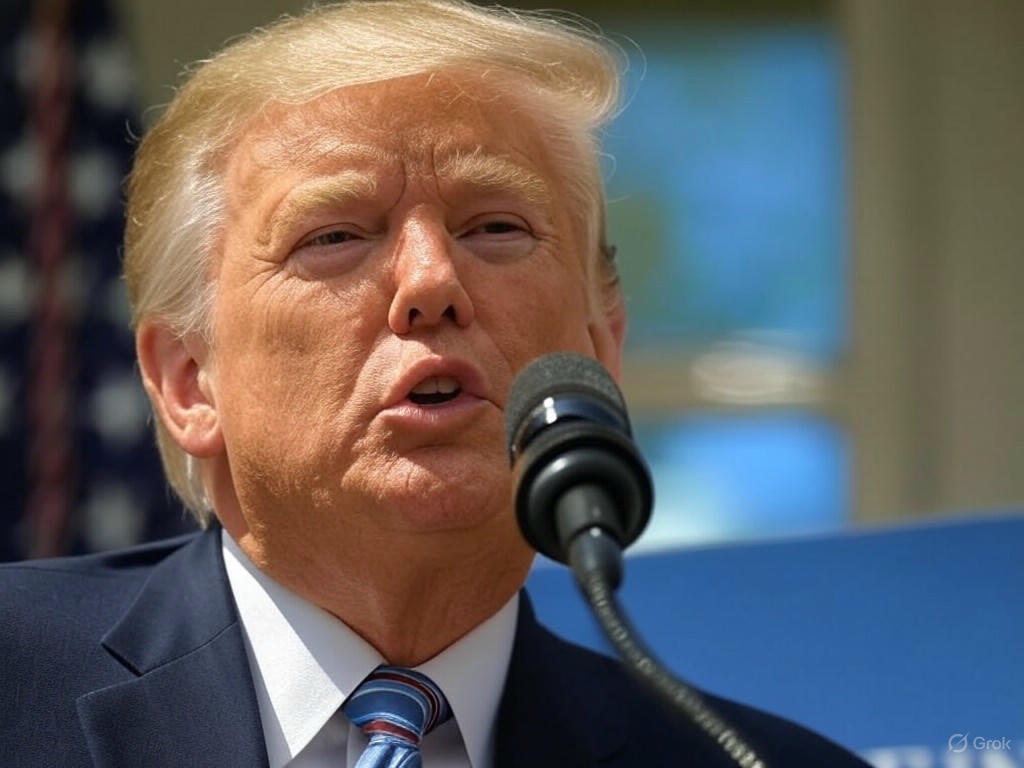New Restrictions on Foreign Student Visas at Harvard Spark Debate
In a bold move that has ignited discussions across academic and political spheres, President Donald J. Trump recently issued a proclamation aimed at tightening visa regulations for international students at Harvard University. Announced on June 4, 2025, this policy is framed as a measure to protect national security by limiting access to certain educational programs at one of the nation’s most prestigious institutions. The decision has far-reaching implications for students, universities, and the broader landscape of international education in the United States.
The proclamation specifically targets foreign students seeking to enroll at Harvard, placing stringent conditions on their ability to obtain visas. While the exact details of the restrictions remain under wraps, early reports suggest that the policy focuses on programs deemed sensitive to national interests, potentially including fields like technology, engineering, and advanced research. The White House argues that such measures are necessary to prevent the potential misuse of knowledge and resources by foreign entities. This comes amid ongoing concerns about intellectual property theft and espionage, issues that have been at the forefront of U.S. policy debates for years.
Harvard University, known for its diverse student body and global outreach, has long been a magnet for talent from around the world. International students make up a significant portion of its enrollment, contributing to both cultural exchange and the institution’s financial health through tuition fees. Critics of the new policy warn that restricting visas could deter bright minds from choosing the U.S. as their academic destination, potentially diminishing the country’s standing as a leader in higher education. Some educators and advocacy groups have voiced concerns that the move might alienate allies and create a chilling effect on academic collaboration, which often drives innovation.
On the other side of the debate, supporters of the proclamation believe it is a necessary step to safeguard American interests. They argue that in an era of heightened geopolitical tensions, the U.S. must prioritize security over open access to its most elite institutions. Proponents also point out that the policy is narrowly tailored to focus on a single university, suggesting that it is a targeted effort rather than a blanket restriction on international education.
As the policy begins to take shape, its long-term impact remains uncertain. Will other universities face similar restrictions in the future? How will Harvard adapt to a potentially smaller pool of international applicants? These questions linger as students and administrators grapple with the new reality. For now, the proclamation serves as a stark reminder of the delicate balance between openness and security in a rapidly changing world. The coming months will likely reveal whether this decision strengthens national defenses or inadvertently weakens the very systems it aims to protect. What is clear, however, is that the conversation around international education in the U.S. has entered a new and contentious chapter.


